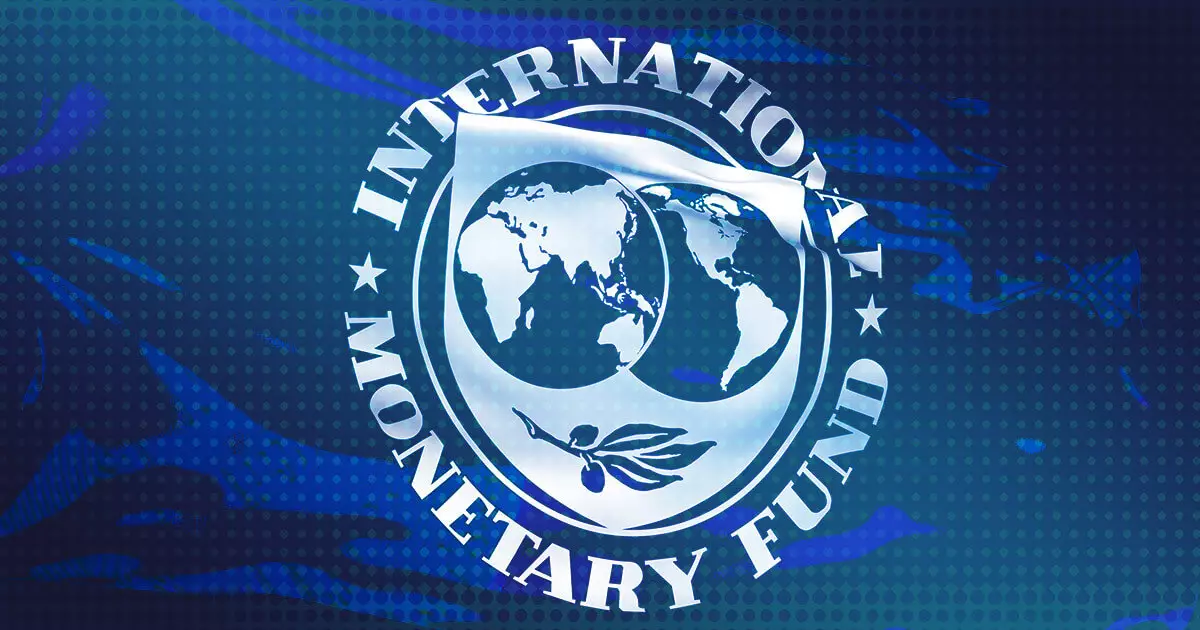The International Monetary Fund (IMF) has recommended that Nigeria embrace the regulated use of digital assets by licensing international crypto exchanges. This recommendation comes at a time when Nigeria is facing a regulatory crackdown on crypto activities, including a legal dispute with Binance and a proposed ban on peer-to-peer (P2P) trading. The IMF believes that licensing these platforms would not only attract foreign investment but also improve remittance processes, which are essential for a country with a significant expatriate population like Nigeria.
Adherence to Strict Regulatory Standards
The IMF emphasizes the importance of adhering to strict regulatory standards, including robust Anti-Money Laundering and Countering the Financing of Terrorism (AML/CFT) protocols. The advisory also highlights significant gaps in Nigeria’s balance of payments, amounting to about $7.5 billion or 2% of the country’s GDP. These gaps are primarily attributed to undeclared financial activities, often facilitated by cryptocurrencies in cross-border transactions. The IMF argues that through proper regulation and licensing, cryptocurrencies can provide Nigeria with tools for more secure and efficient transaction processes, ultimately helping to curb illegal financial activities and reduce the risks of fraud and money laundering associated with digital currencies.
The IMF report also points out that digital currencies have the potential to foster financial inclusion and support economic growth. It highlights how digital finance can improve access to financial services for the unbanked population in Africa. By embracing regulated digital assets, Nigeria could take advantage of the benefits of digital currencies while ensuring compliance with regulatory standards to mitigate risks associated with illegal financial activities.
Recent weeks have witnessed a significant regulatory crackdown on crypto and P2P trading in Nigeria. The strict regulatory stance is mainly driven by the Nigerian government’s concerns over the volatility in the foreign exchange market, which is partly attributed to speculative activities in crypto trading. The Central Bank of Nigeria has expressed concerns about activities such as “pump-and-dump” schemes in the P2P trading sector, accusing traders of manipulating the naira through these speculative strategies.
A major development in the regulatory crackdown involved actions against Binance, one of the leading crypto exchanges. Nigerian regulators have accused Binance of facilitating $26 billion in untraceable transactions, leading to the arrest of two executives and the freezing of over 1,000 bank accounts linked to P2P crypto transactions. In response to these crackdowns, reports suggest that Nigeria’s crypto traders are increasingly moving their operations underground, using informal channels like WhatsApp and Telegram for P2P trading. Traders are also utilizing non-custodial or self-custody crypto wallets to continue their activities outside the realm of regulated exchanges.
The IMF’s recommendation for Nigeria to embrace the regulated use of digital assets by licensing international crypto exchanges highlights the potential benefits of proper regulation in fostering economic stability and enhancing financial inclusion. By adhering to strict regulatory standards, Nigeria can harness the advantages of digital currencies while mitigating the risks associated with illegal financial activities. While the recent regulatory crackdown on crypto activities in Nigeria poses challenges, there is an opportunity for the country to strike a balance between regulatory oversight and innovation in the digital asset space.
















Leave a Reply